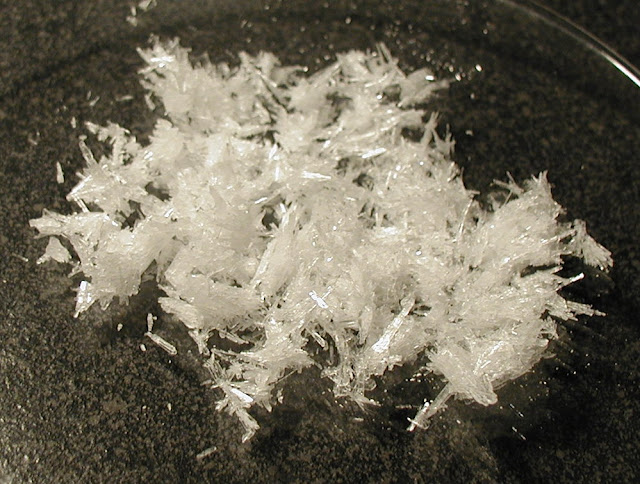 |
| Methyl Myristate |
Introduction
Methyl myristate is an ester that is derived from myristic acid. It is an oily liquid with a slight fatty odor. Methyl myristate has various uses in cosmetics, personal care products and industrial applications due to its unique properties. In this article, we will explore more about methyl myristate, its uses and benefits.
What is Methyl Myristate?
Methyl myristate, also known as tetradecanoate methyl ester, is an ester formed by thecondensation of myristic acid and methanol. Chemically, its structure consists of a methyl group attached to a myristoyl group. Myristic acid is a saturated fatty acid that naturally occurs in some plant and animal fats. When this acid reacts with methanol in the presence of an acid catalyst, methyl myristate is produced. It is a light yellow viscous liquid with a faint characteristic odor. Some key properties of methyl myristate include excellent spreadability, emolliency and moisturizing effect on skin.
Uses of Methyl Myristate
Due to its emollient and moisturizing properties, Methyl Myristate finds wide application in cosmetic products. Some major uses of methyl myristate are:
- Skin care products: It is used as a moisturizer and emollient in creams, lotions, balms and ointments meant for skin. Methyl myristate helps to hydrate and soften skin.
- Hair care products: Conditioners, shampoos, hair styling products utilize methyl myristate to nourish and protect hair. It leaves hair feeling soft, smooth and manageable.
- Make up products: Foundations, lipsticks, etc. contain methyl myristate as it imparts a silky feel and prevents skin dryness.
- Fragrances: Its subtle odor is used for its fixative properties in perfumes and aromatic products.
- Personal hygiene products: Deodorants, vapor rubs, massage oils employ methyl myristate for its skin soothing and moisturizing abilities.
- Industrial uses: It performs well as a solvent and cleaning agent due to its solvent properties. Further, methyl myristate enhances the emolliency of lubricating greases and metal working fluids.
- Food applications: Small quantities are used as a flavoring agent in chewing gums and other confectionery items.
Benefits of Methyl Myristate
Emollient Properties
One of the biggest benefits of methyl myristate is its excellent emollient properties. When applied on skin or hair, it forms an oily layer that softens, lubricates and protects the surface. This oily layer prevents moisture loss, thus imparting a soothing and moisturized feel.
Moisturizing Effects
Due to its occlusive effect, methyl myristate has outstanding moisturizing action. It helps seal in skin's natural moisture, keeps it hydrated and prevents dryness. This qualified methyl myristate as an effective moisturizer for dry, chapped or flaky skin and hair.
Anti-inflammatory Action
Some preliminary studies have indicated that methyl myristate may exert anti-inflammatory activity when applied topically. It could help reduce inflammation of skin conditions like eczema and psoriasis. However, more research is still needed in this area.
Safety and Regulatory Status
Generally recognized as safe (GRAS) listed, methyl myristate is regarded as a non-toxic, non-hazardous ingredient by various regulatory bodies like FDA and EU CCFA. Its safety profile instills confidence in using it for skin, hair and other topical applications. Methyl myristate has very low absorptivity through skin surface.
Conclusion
In summary, methyl myristate is a versatile ester derived from myristic acid that finds wide use in cosmetics and personal care formulations. Its moisturizing, softening and protective properties on skin and hair make it highly desirable as an emollient ingredient. With an excellent safety profile, methyl myristate brings multiple benefits to topical products. Going forward, research will further explore its potential health-promoting effects.
